We need more love, but it’s hard to love a bureaucrat
There are signs Covid is bringing out the worst of Australia — mostly in government departments.
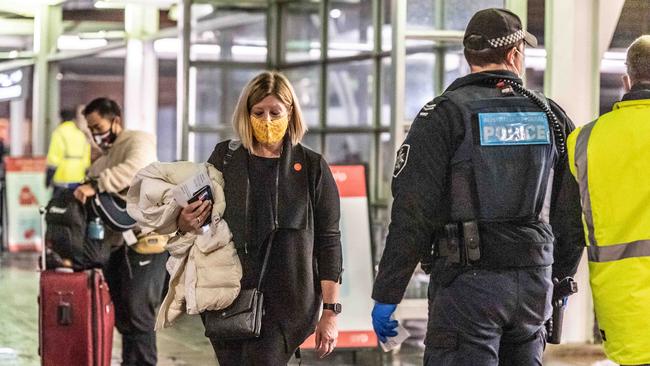
Normal people would take this to mean, when the world has gone to hell in a handbasket, rock those who are dear in a cradle of love. But no. We are instead being wrenched, then kept, apart.
Sydney’s Julie Keegan is 80 years old, as spry and lively as she was at 40. An adventurer to the bone, she took her first trip overseas 60 years ago. It was to Britain, and she went by boat. She met an Englishman in London, and had a daughter, Sophie. They came home to Australia and, while Keegan’s first call was nursing, she retrained as a horticulturalist, and built a fabulous little business, taking travellers from Australia to see the world’s most beautiful gardens, in Morocco, Russia and Portugal, among other places.
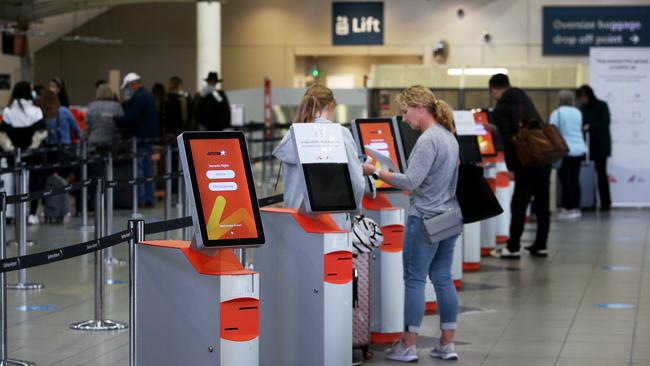
Dame Elisabeth Murdoch’s personal gardener, Michael Morrison, was once one of her guests.
Keegan’s only daughter, Sophie, “took off for London, encouraged by me, I might add, the minute she finished school. She wanted to explore the world. And she ended up married to a handsome German, and they have the most wonderful life”.
Keegan’s son-in-law is in the yacht insurance business. They live in Hamburg but roam the great ports of Europe. They have three boys. To keep in touch, the Keegans go annually to Europe for the northern summer; Sophie then comes out for the Australian Christmas, “so we end up seeing each other several months of the year”.
You could get caught up in the politics of envy here: with a bit of pluck, and no doubt some luck, here is yet another fine Australian family who have built quite wonderful lives for themselves.
But this is, remember, what our forebears wanted, for us to live, both prosperous and free.
That’s all kaput now, and Keegan is wondering when she might get to see her only child and those adorable grandchildren again.
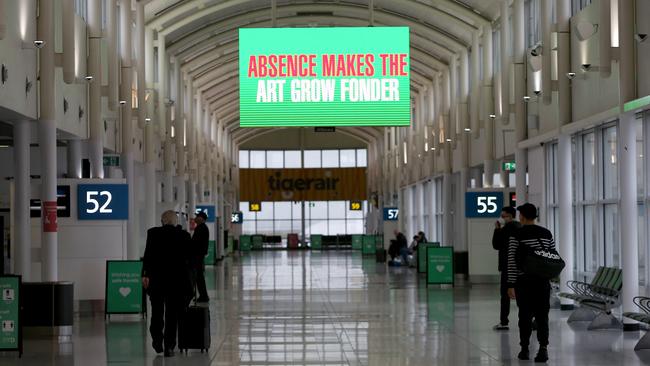
Like tens of thousands of others, she faced the ignominy of having to apply to a faceless bureaucrat at the mysterious “Department of Home Affairs” to leave Australia, and last week got a letter back from Border Force, telling her to forget it. The actual quote: “We have determined that your application to travel is not authorised.”
“It stings and upsets me every time I read it,” Keegan says, and that’s partly because it just doesn’t read like the kind of correspondence anyone should be getting from a democratically elected government.
The letter goes on: “Your departing port has been notified of this decision” (meaning Keegan and her 79-year-old husband now find themselves on the airport watch list).
If that doesn’t give you a shudder, how about this?
“They said that family is not an important reason to travel,” Keegan says, “and essentially, don’t apply again, because you’ll get the same response.”
Prime Minister Scott Morrison, as recently as this week, has said he thinks the outbound travel ban is “uncontroversial”.
I can’t speak for his office, but here at The Weekend Australian, we have received more mail about this infringement of our rights than about almost anything else to do with COVID-19 (except the ban on golf. But that’s Sam Newman, writing thousands of letters a day).
And why? Because this is an assault on our DNA. Australians are, in the main, outward-looking people, with friends and family all over the world. We are also hugely lucky in that our passports are the least besmirched by politics of anyone’s. We are welcome pretty much anywhere, at any time.
That surely means making plans to see each other, especially now, when we need each other.
“In our little part of Sydney, every second house has either a child or a parent abroad,” Keegan says. “I know it’s not the worst situation. Many people are struggling with much greater problems, not being able to get to funerals, or visit people who are sick. But I feel this pandemic has brought out the worst of Australia. We are at the whim of bureaucrats that we don’t vote for, who seem to have more power than the people we did vote for.”
Her family are able to compare the Australian rules to the situation in Europe, where her daughter was in summer able to travel to Switzerland, drive to Monaco, pick up a boat and go sailing. They celebrated her father-in-law’s birthday in Denmark, too.
The Keegans wrote to their local member who, by chance, is Dave Sharma. Yes, that’s right, they live in Wentworth, a jewel in the Coalition’s crown. You’ll remember Sharma had to win it back at the last election, after Malcolm Turnbull quit, and it was taken by independent Kerryn Phelps.
The Coalition can’t really afford to lose it again, but Sharma is under siege to the point where he’s not answering calls. He didn’t answer any of The Weekend Australian’s questions about the travel ban. Despite living locally for decades, Keegan got same response.
“I started calling the Edgecliff office, they just fobbed me off,” she says. She was just starting to think she might go and picket his office with some of her octogenarian neighbours when his staff agreed she could have a phone call with him — but not until September 9.
“We are being treated like children: Sit in the corner and do as you’re told,” she says.
Some weeks ago, I spoke to the constitutional law expert, George Williams, about the travel ban. He believes the problem stems from there being no Bill of Rights.
“Without one, there really is no limit to these infringements on liberty,” he says.
What’s needed is probably something closer to the Declaration of Independence, which enshrines inalienable rights on human beings, among them the pursuit of happiness.
Imagine having that as your starting point, next time a bureaucrat tries to tell you whether or not you can see your grandchildren. Or else you could fall back on one of the few instructions actually given to us as human beings: love one another.
The Member for Wentworth, Dave Sharma, responds: “My office has been in regular contact, by phone and email over four months, with the Keegans about their wish to travel overseas, and have provided them with advice about the exemption and quarantine process. A large number of constituents like Ms Keegan have similarly had their travel plans disrupted by the pandemic, and I have provided them with the same level of support. I can sympathise with the frustrations many feel regarding these restrictions, but to say that I am under siege or not answering calls is simply not true. On the contrary, I have been highly responsive in helping constituents navigate these difficult times. They may not always get the outcome they seek, but I do all within my means to assist.”


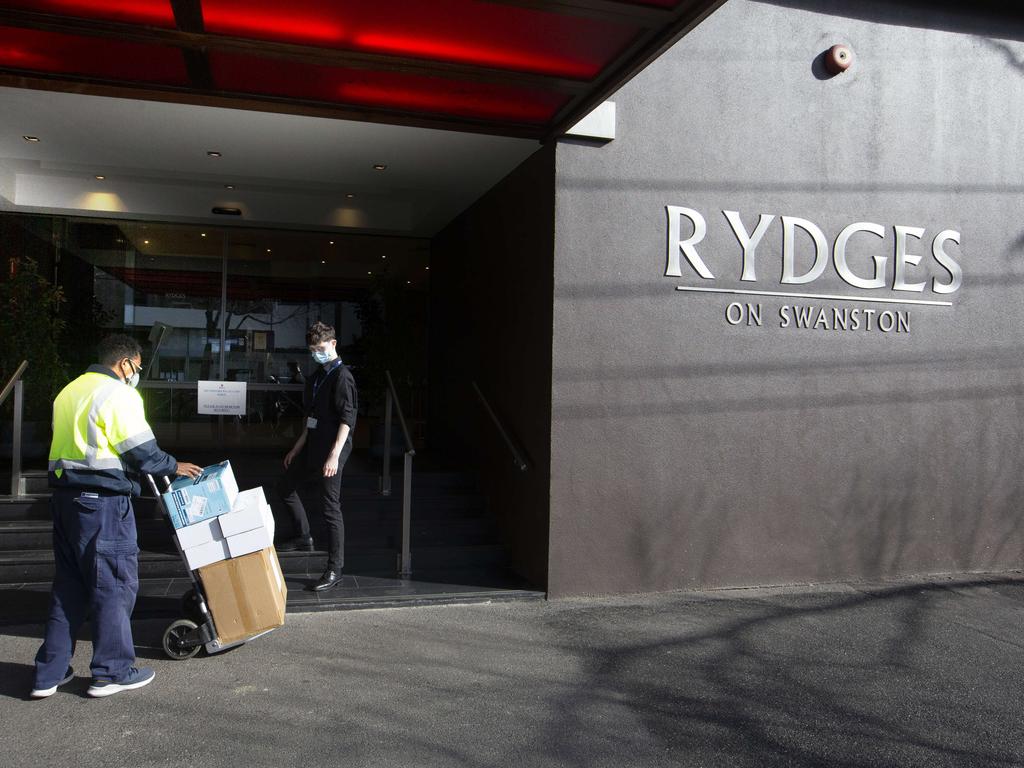
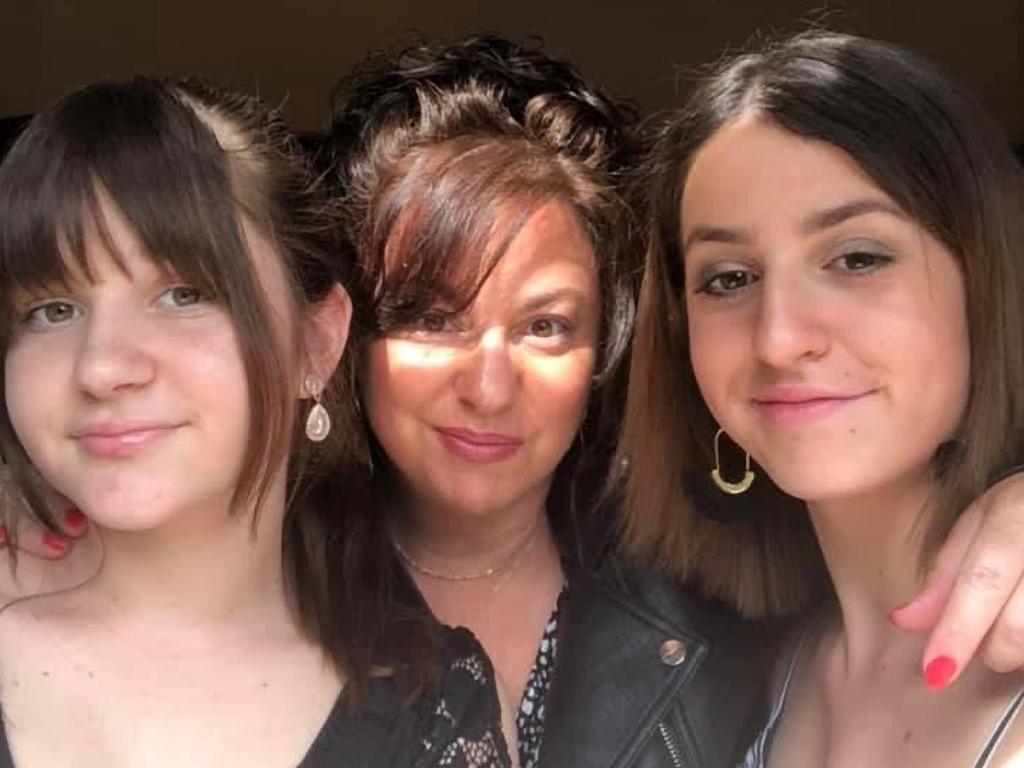
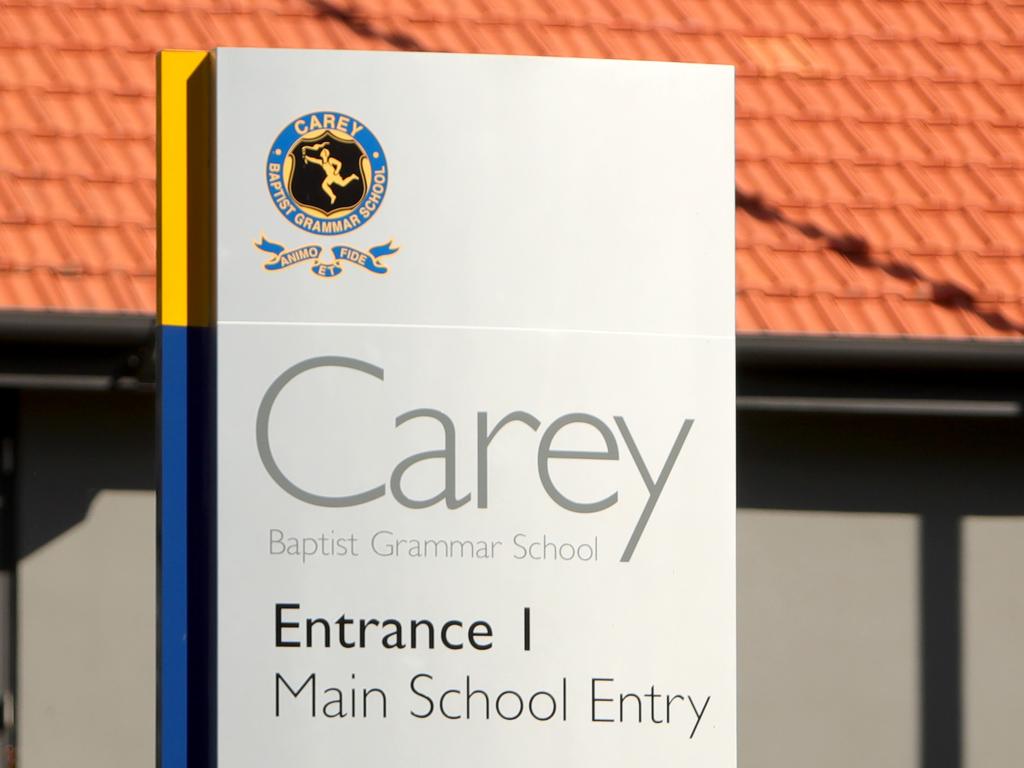
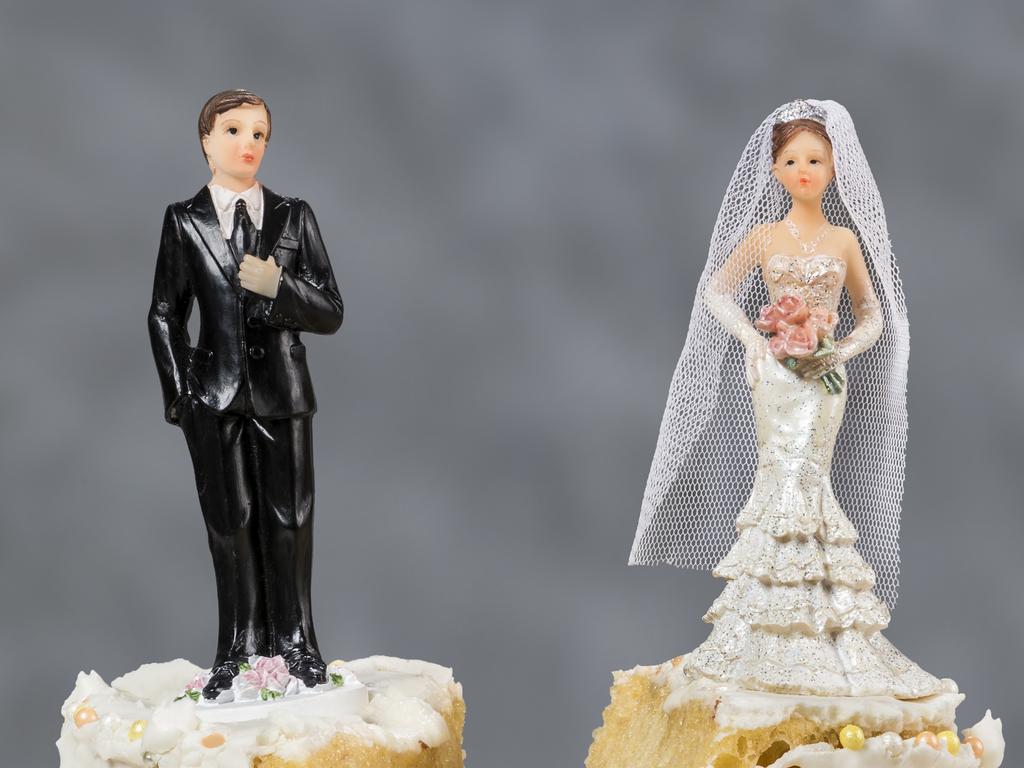


Imagine being told by a nameless, faceless, apparently heartless bureaucrat that seeing your family is not particularly important. That love is not essential.